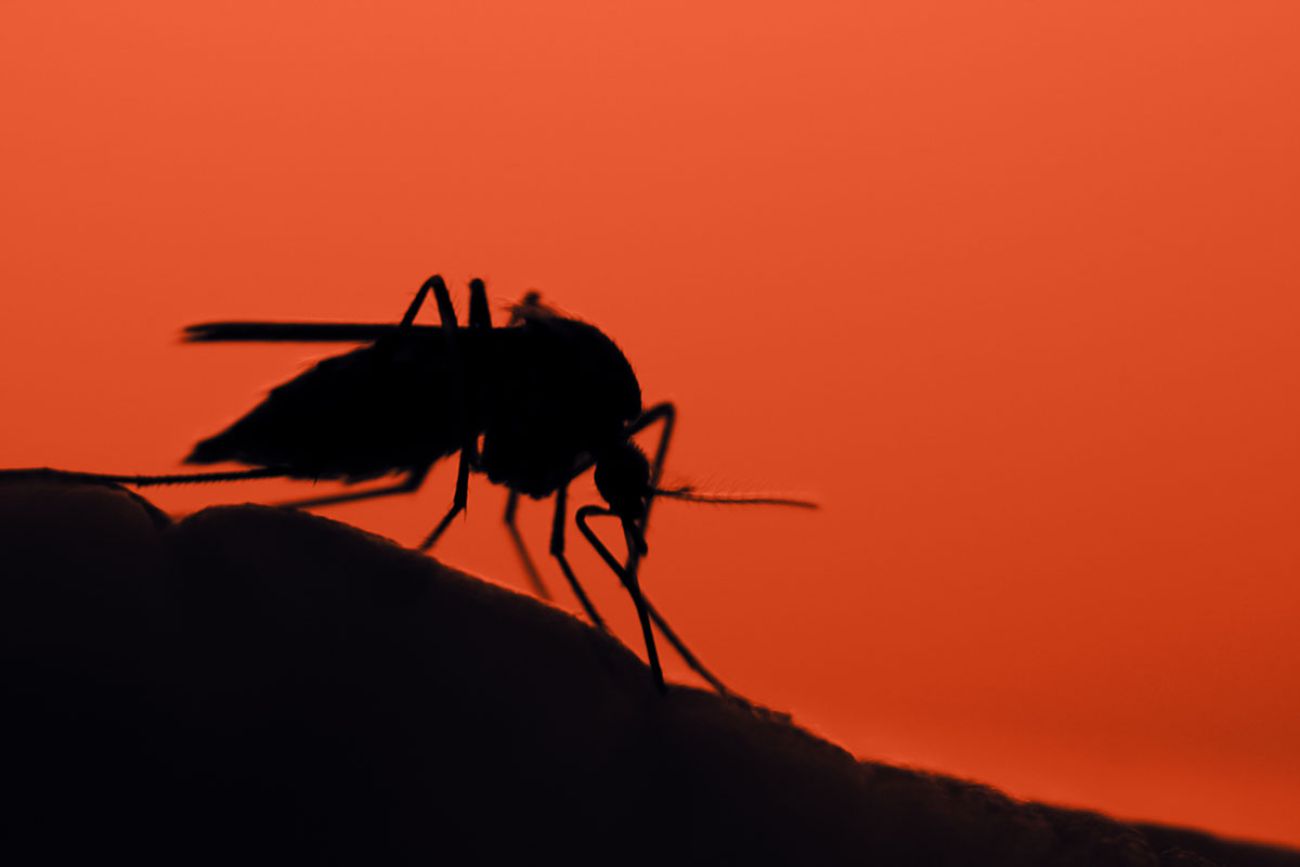Michigan sounds alarm about mosquitoes after Jamestown Canyon virus detected

- Jamestown Canyon virus was found in a pool of mosquitoes in Saginaw County
- The virus is spread to humans through bites from infected mosquitoes
- Michigan residents are reminded to used bug spray and other preventative measures to protect themselves
Michigan health officials are warning about mosquito-born illnesses, after a sample of the insects tested positive for Jamestown Canyon virus in Saginaw County.
The virus is spread by mosquitos and can cause fever, headaches and fatigue, cough, sore throat or runny nose, according to the U.S. Center for Disease Control and Prevention.
Illnesses can develop within two weeks after a bite, and while most people don’t get sick, severe cases can cause infection of the brain (encephalitis) or the membranes around the brain and spinal cord (meningitis).
Related:
- Inside the Michigan lab where scientists raise killer bugs to save trees
- Michigan is the king of potato chips. But a disease is killing state spuds
- Mayfly season in Michigan: Two days of sex, bright lights for pesky bugs
Though the Jamestown Canyon virus is found across the country, it is most common in the Midwest. The virus sickened six Michigan residents in 2021, one in 2022 and three in 2020, the department confirmed.
Mosquitoes are less fierce than typical this time of year in Michigan due to a dry spring, but experts warn that they carry a handful of diseases, including eastern equine encephalitis and West Nile virus through mid-fall.
“It only takes one bite from an infected mosquito to cause a severe illness,” Dr. Natasha Bagdasarian, chief medical executive for the Michigan Department of Health and Human Services, said in a statement.
For the past three years, the state has offered virus testing for mosquito pools collected by local health departments and county mosquito control programs.
The increase in viruses “likely reflects increased awareness and testing but may also be due to an increase in the presence of the virus in the environment,” the MDHHS said in a press release.
Health officials warn residents to use insect repellent, wear light colored clothes or long sleeve shirts and remove containers that hold water such as old tires and buckets to prevent mosquitoes from laying eggs.
Last month, Michigan State University entomology professor Edward Walker told Bridge that, although the spring has been dry, the outlook for mosquitoes is hard to predict for summer.
That’s because mosquito eggs can survive up to eight months without moisture, so they could hatch with a summer downpour.
Michigan Environment Watch
Michigan Environment Watch examines how public policy, industry, and other factors interact with the state’s trove of natural resources.
- See full coverage
- Subscribe
- Share tips and questions with Bridge environment reporter Kelly House
Michigan Environment Watch is made possible by generous financial support from:
Our generous Environment Watch underwriters encourage Bridge Michigan readers to also support civic journalism by becoming Bridge members. Please consider joining today.
See what new members are saying about why they donated to Bridge Michigan:
- “In order for this information to be accurate and unbiased it must be underwritten by its readers, not by special interests.” - Larry S.
- “Not many other media sources report on the topics Bridge does.” - Susan B.
- “Your journalism is outstanding and rare these days.” - Mark S.
If you want to ensure the future of nonpartisan, nonprofit Michigan journalism, please become a member today. You, too, will be asked why you donated and maybe we'll feature your quote next time!






